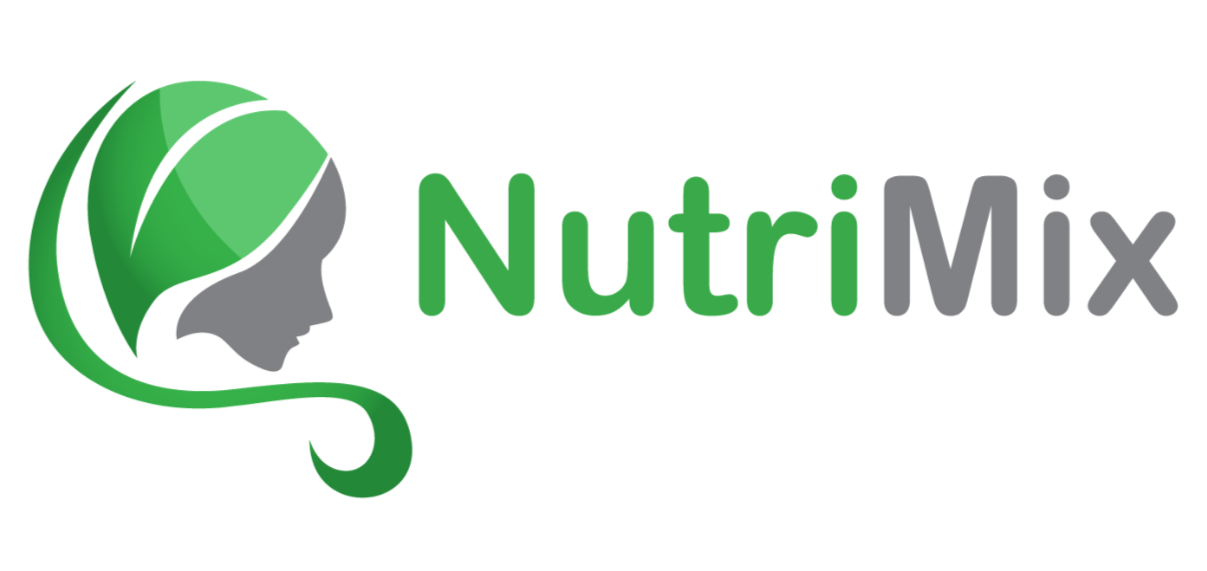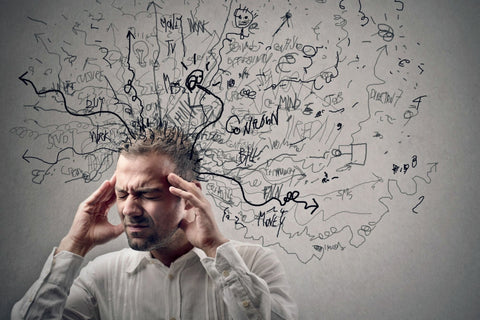In recent years, coffee has been much more than just a morning ritual; it’s increasingly recognized for its potential mental health benefits. Among these, emerging research suggests a fascinating link between caffeine consumption and a reduced risk of depression. So, what’s brewing behind this connection? Let’s explore how our favorite caffeinated beverage might play a role in boosting mental well-being.
The Science Behind the Sip
Coffee is a complex mix of bio-active compounds, including caffeine, antioxidants, and other phytochemicals. While caffeine is the most well-known, it's the interplay of these components that may contribute to coffee’s mental health benefits.
1. Caffeine and Neurotransmitters
Caffeine, the primary psychoactive substance in coffee, acts primarily by blocking adenosine receptors in the brain. Adenosine is a neurotransmitter that promotes sleep and relaxation, so by inhibiting its effects, caffeine helps to increase the levels of other neurotransmitters, such as dopamine and serotonin. These "feel-good" neurotransmitters are crucial in regulating mood and emotional balance.
2. Antioxidants and Inflammation
Coffee is also rich in antioxidants, which play a role in reducing oxidative stress and inflammation. Chronic inflammation has been linked to the development of depression, so reducing inflammation through diet and lifestyle choices could be beneficial for mental health. The antioxidants in coffee, such as chlorogenic acids, may help in mitigating inflammatory responses and promoting a healthier brain environment.

What the Research Says
Recent studies provide compelling evidence supporting the idea that coffee consumption might be associated with a lower risk of depression. For instance:
-
A 2020 study published in JAMA Network Open found that higher coffee consumption was linked with a lower risk of depression. Participants who consumed three to five cups of coffee per day had a significantly reduced risk compared to those who drank less or none at all.
-
Another study in Psychiatry Research (2021) highlighted that caffeine intake was associated with a reduced risk of depressive symptoms among adults. This study suggests that moderate caffeine consumption could serve as a protective factor against depression.
Moderation is Key
While these findings are promising, it’s essential to approach coffee consumption with moderation. Excessive caffeine intake can lead to anxiety, sleep disturbances, and other issues that might counteract its potential benefits. Most experts recommend sticking to about 3-4 cups of coffee per day, which provides a safe and beneficial amount of caffeine without overwhelming the system.
Beyond Coffee: A Holistic Approach
Coffee alone isn’t a cure-all for depression. It’s crucial to adopt a holistic approach to mental health that includes a balanced diet, regular exercise, adequate sleep, and stress management. Coffee can be a delightful addition to these practices, but it should not replace professional treatment or lifestyle adjustments aimed at improving mental well-being.
L-Theanine and Caffeine: A Powerful Duo for Cognitive Performance and Mood
L-Theanine: A Natural Ally Against Psychological and Physiological Stress
The Takeaway
The correlation between coffee consumption and reduced depression risk is a promising area of research that highlights the potential benefits of this beloved beverage. While more studies are needed to fully understand the mechanisms at play, enjoying a moderate amount of coffee could be a small but enjoyable way to support mental health.
So, the next time you sip your morning brew, remember that you might be doing more than just waking up— you could also be contributing to a brighter mood and a happier outlook. Cheers to that!



